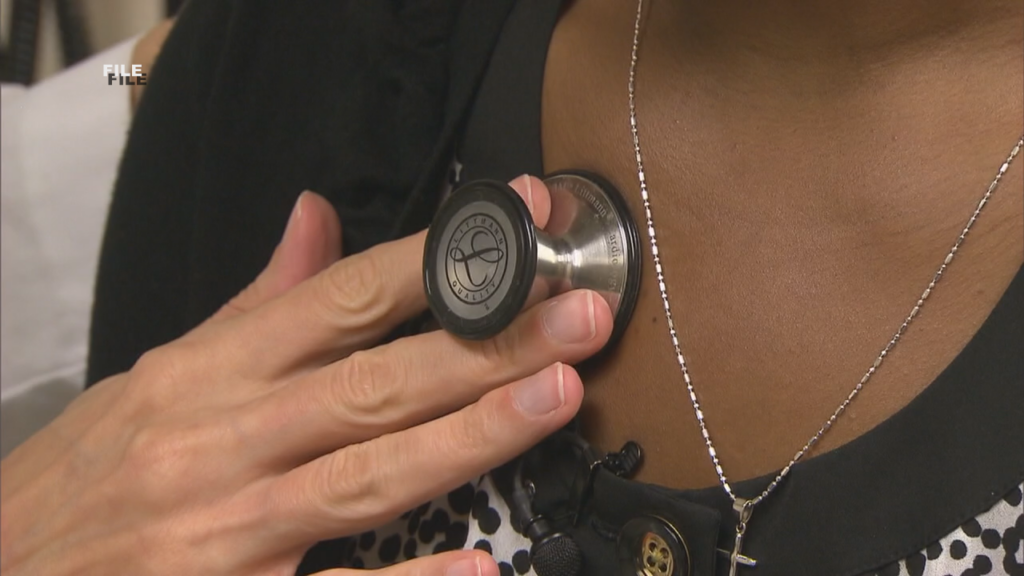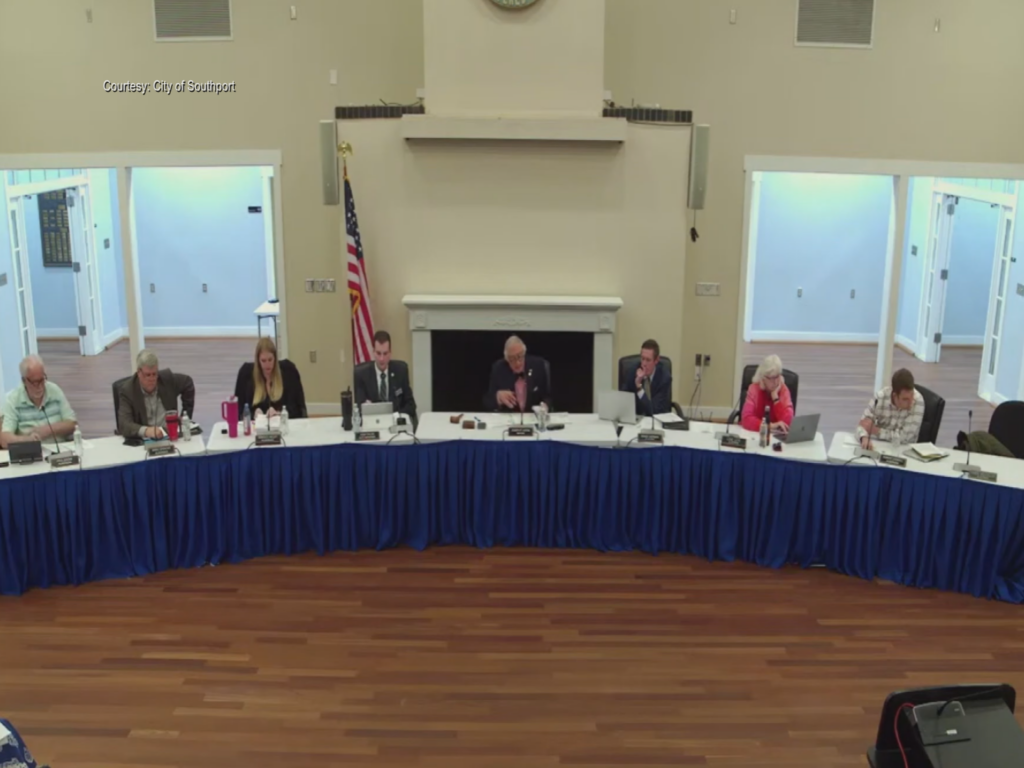School districts across NC preparing to implement cellphone ban policies
CAPE FEAR, NC (WWAY) — A bill signed into law by Governor Josh Stein on Tuesday will bring a big change to classrooms across the Tar Heel State.
House Bill 959 requires school districts to have a policy requiring cellphones and other electronic devices, like tablets and laptops, to be turned off when class is in session.
All schools will need to have a policy in place by January 1st.
According to Abren Baker, a junior in Duplin County, some districts, schools or even individual teachers already have certain policies in place.
“Teachers are a little less strict on us, but they are still adamant about the cellphones,” Baker said. “No cellphone in class. If you get your work done and everybody else’s work done, then you can get your cellphone out. That’s how I believe all the schools should do it.”
A number of districts already have a policy in place, and in some cases, they’re even more strict than what the bill requires.
For example, Brunswick County Schools was already planning to expand its Yondr pouch program from 2 middle schools to 6 and to the COAST as well for the upcoming academic year, alo
A spokesperson for Brunswick County Schools says, “The recent bill aligns with our ongoing efforts to create a focused learning environment.”
In New Hanover County, Superintendent Christopher Barnes said district leaders are working on implementing their policy.
“My first step is to make sure that we make sure our district policy aligns with the governor’s requirements that he signed in the bill,” Barnes said. “The second is to build a plan with our principals, with our community, to how to make sure we implement those in a way that’s New Hanover County’s way of doing business.”
According to the bill, school boards must also make exceptions for when teachers allow the use of cellphones during class or for medical or other emergencies.
For Issac Wilson, a junior from Alamance County, he said having access to their cellphones once saved a classmate’s life.
“This one girl had a heart attack when I was in like 8th grade,” Wilson said. “Yeah, so she was able to get an ambulance there faster than the teachers were able to.”
The bill also requires school boards to come up with consequences for students who violate the policy.
A spokesperson for Bladen County Schools sent a statement that says:
“We are aware of recent legislation restricting student cell phone use in public schools across North Carolina.
In the spring, our district began preparing for the 25-26 school year and part of that was reviewing and updating our Code of Conduct. As part of that review, we added a new section addressing expectations for personal electronic devices.
We are committed to creating learning environments that minimize distractions and support academic success. Clear expectations will help ensure our classrooms remain focused on teaching and learning.”
A statement from Columbus County Schools says:
“The Columbus County Board of Education will meet on July 14 to discuss new policies related to student cell phone use.
These discussions are taking place in response to House Bill 959, recently signed into law, which requires all North Carolina public schools to limit student cell phone use during instructional time.”
And a Pender County Schools statement says:
“Pender County Schools is already well-positioned to meet the expectations outlined in the new law (House Bill 959). Our current Board Policy 4318 prohibits the use, display, or activation of personal electronic devices — including cell phones — during the instructional day, unless specifically authorized by school staff for educational or emergency purposes. This aligns closely with the provisions in the legislation requiring local boards to adopt policies that restrict student device use during instructional time, with exceptions for teacher-directed educational use, medical needs, and IEP/504 accommodations.
As directed by the new law, PCS will review and, if necessary, update our existing policy to ensure full compliance by the state’s January 1, 2026 deadline.”




